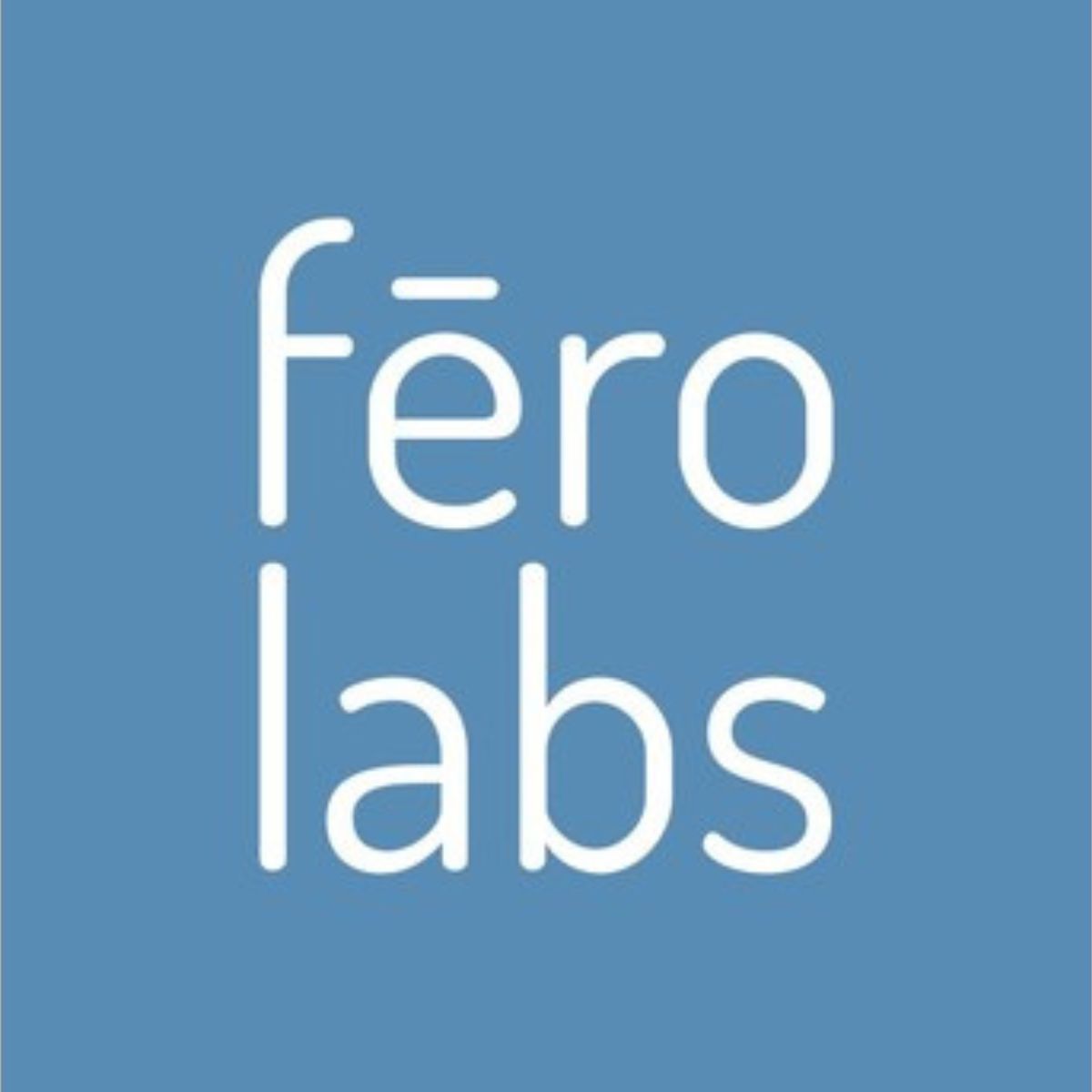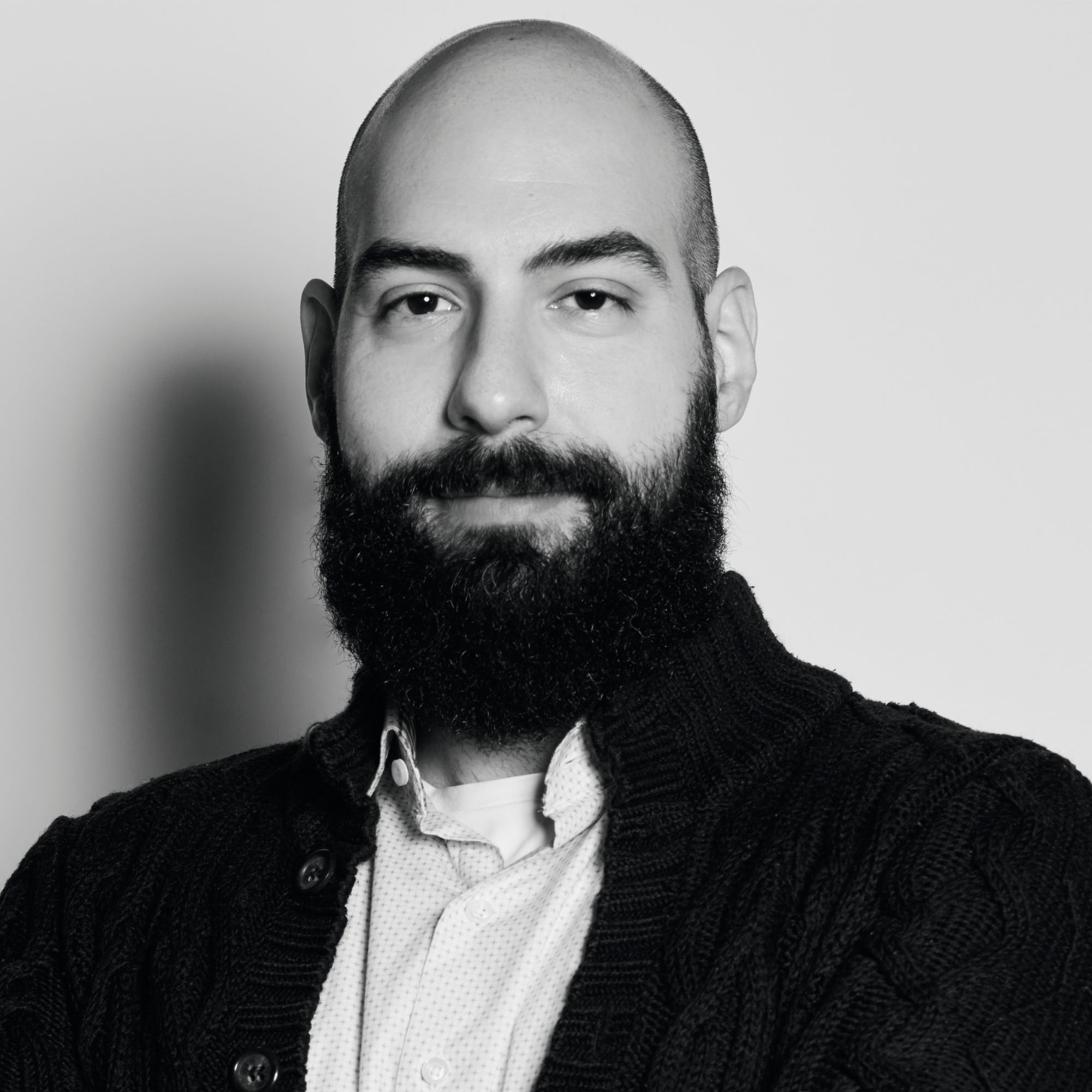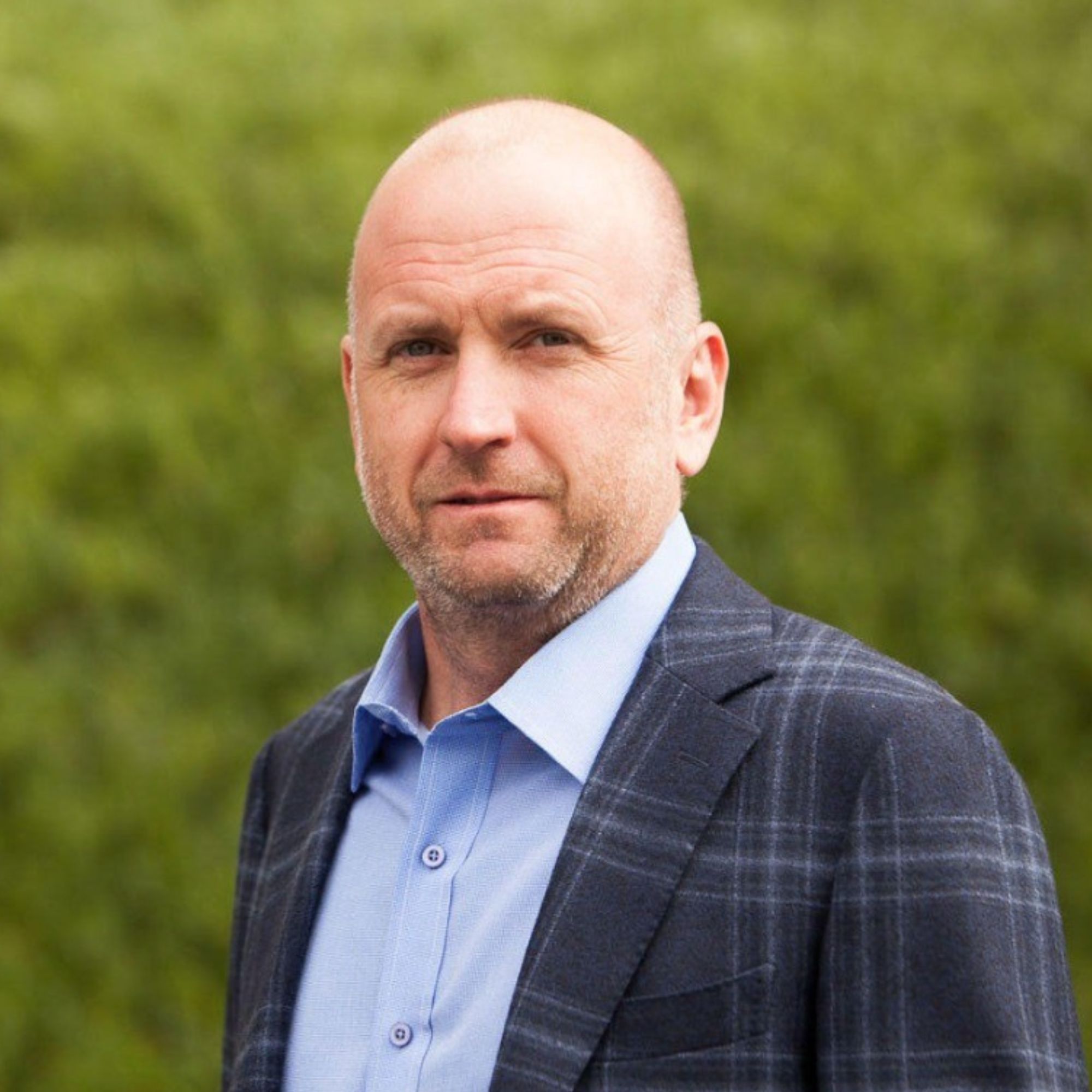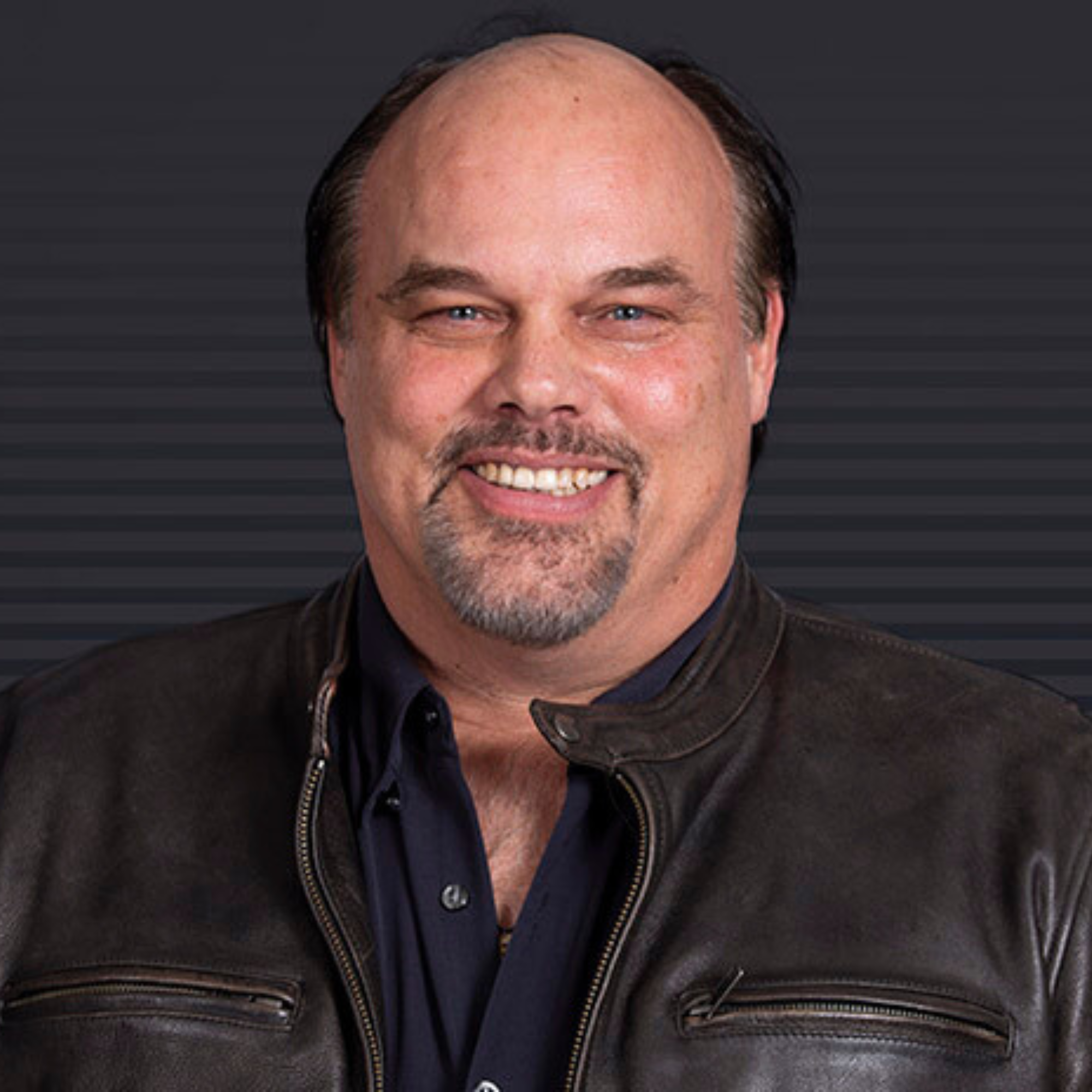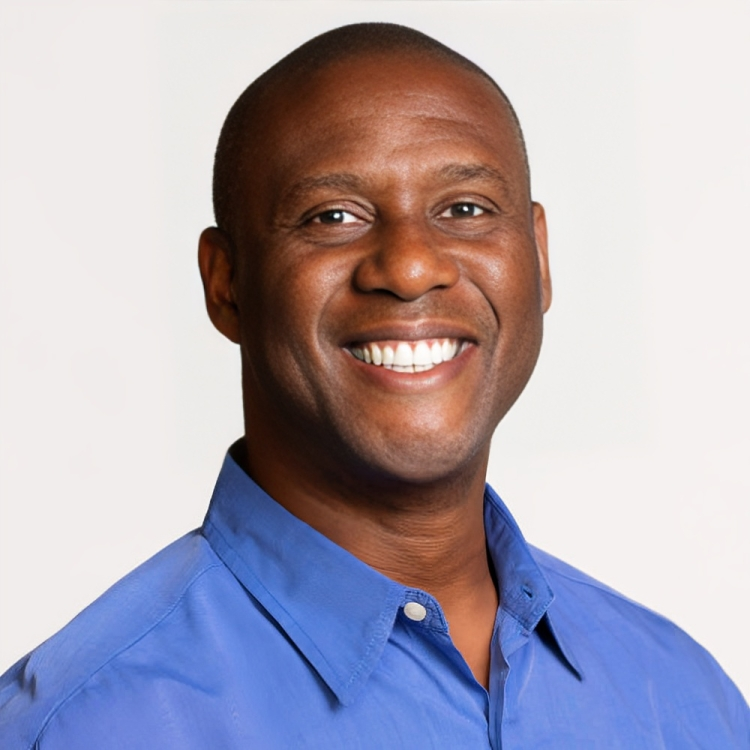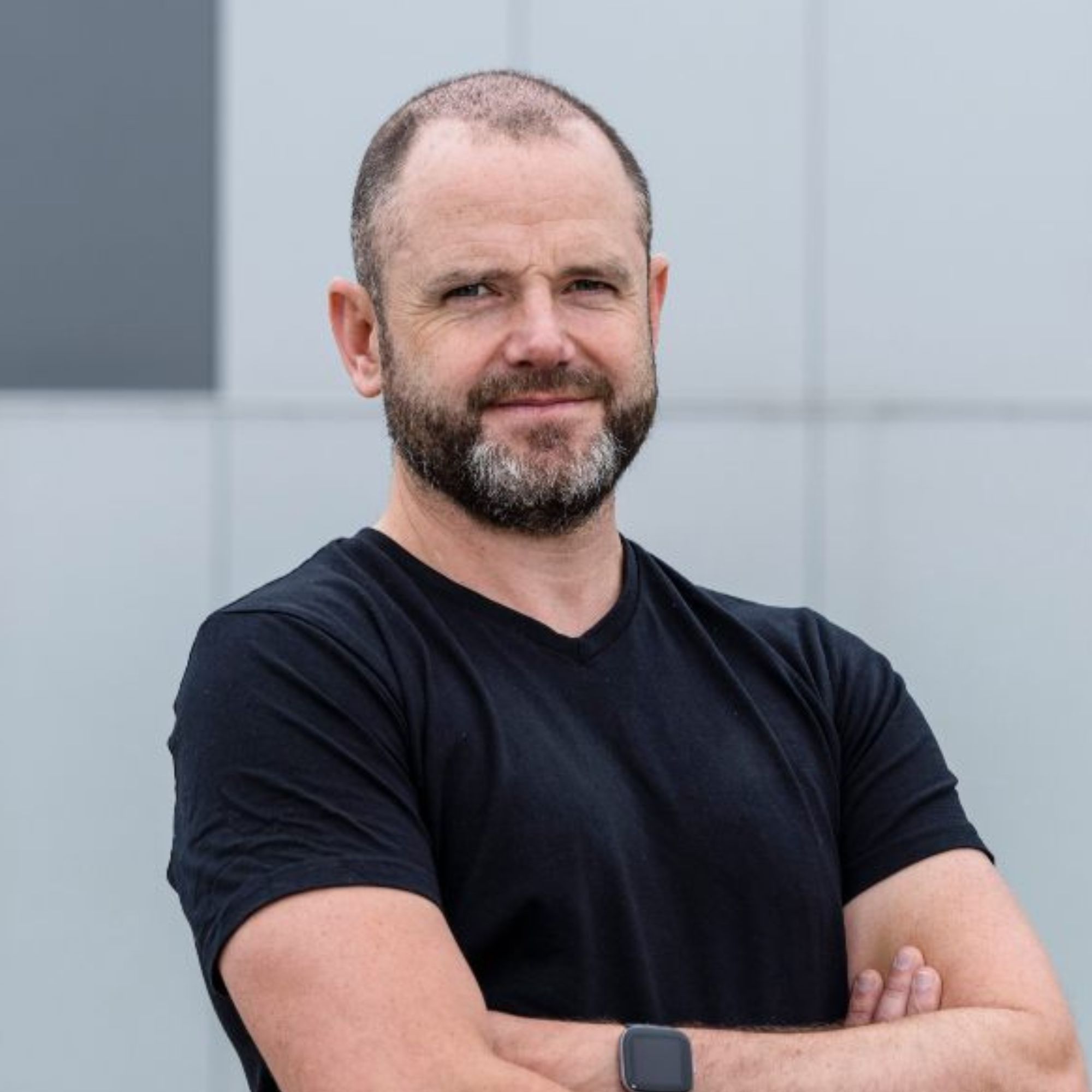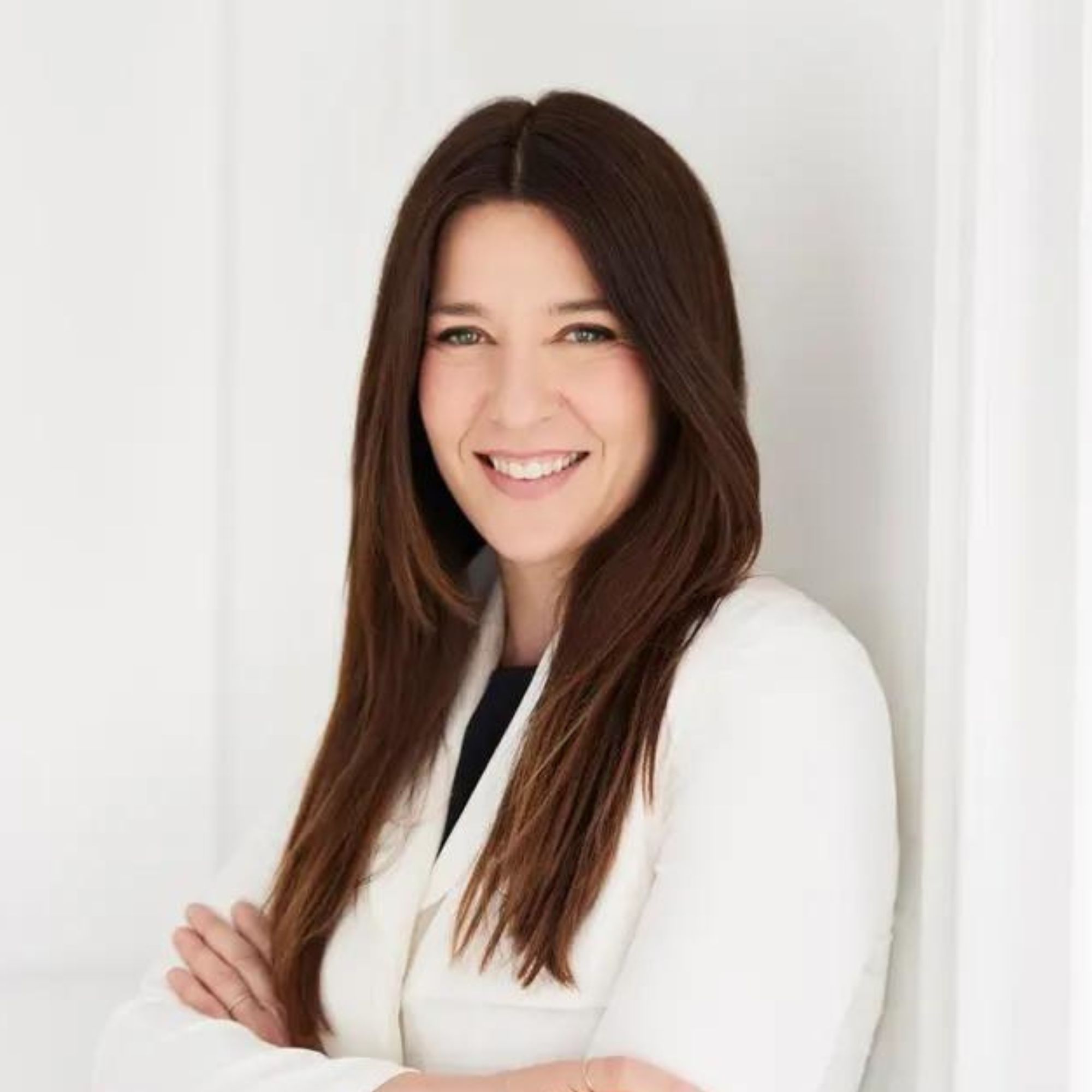We only take on 4 clients per month. Join our October cohort. 1 spot left.
Conversation
Highlights
Welcome to another episode of Category Visionaries — the show that explores GTM stories from tech’s most innovative B2B founders. In today’s episode, we’re speaking with Brandon Lucia, CEO & Co-Founder at Efficient Computer, a chip startup that has raised $16 Million in funding.
Here are the most interesting points from our conversation:
- Academic Origins: Brandon’s journey into Efficient Computer began in academia, where he was a professor at Carnegie Mellon University. His research into energy-efficient computing systems laid the groundwork for what would become Efficient Computer.
- Energy Efficiency Focus: The core idea behind Efficient Computer was to radically improve the energy efficiency of processors, focusing not on incremental gains but on rethinking architecture to prioritize efficiency from the ground up.
- Startup Genesis: The decision to transition from academic research to a startup was spurred by the development of a new chip architecture that promised substantial improvements in energy efficiency over existing technologies.
- Challenges of Starting Up: Brandon discussed the initial challenges of starting a business, from incorporating a company to understanding the commercial aspects of technology entrepreneurship.
- Market Education and Adoption: One of the key hurdles they face is educating the market about their revolutionary chip architecture, especially explaining the tangible benefits of their energy-efficient chips to potential customers.
- Future Vision: Looking forward, Brandon is focused on expanding their technology’s applications, scaling up production, and exploring high-performance uses for their chips, including potential applications in aerospace and other energy-constrained environments.
Actionable
Takeaways
Leverage Academic Research for Commercial Innovation:
Brandon's transition from academia to entrepreneurship highlights the potential to commercialize university research. Founders can look to academic projects for innovative ideas that have commercial applications, especially in technology-driven industries.
Focus on Core Technological Advantages:
Efficient Computer’s strategy revolves around their chip’s energy efficiency, a key differentiator in the market. Startups should identify and focus on their unique technological advantages as the cornerstone of their product development and marketing strategies.
Understand and Adapt to Market Needs:
Brandon emphasized the importance of aligning technological innovations with market demands. Startups should engage with potential customers early and often to ensure their product development aligns with real-world needs and market gaps.
Build a Strong Support Network:
Transitioning from academia to a startup environment can be challenging. Founders should seek mentors and advisors who have relevant experience and can offer guidance on navigating the commercial landscape.
Educate Your Market to Foster Adoption:
Given that Efficient Computer’s technology represents a significant departure from traditional architectures, a major part of their strategy involves educating potential customers about the benefits and applications of their product. Startups introducing new technologies should invest in educational marketing to help the market understand and adopt their innovations.
